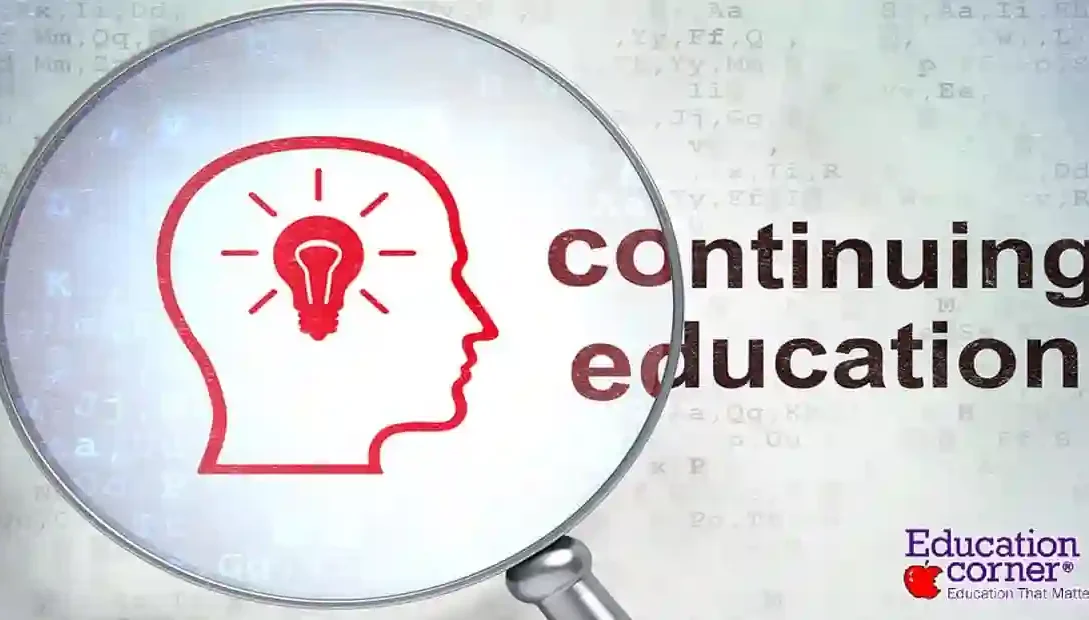Ladies and gentlemen, in the journey of life, we often encounter challenges and hurdles that require more than just academic knowledge. Emotional intelligence, the ability to recognize, understand, manage, and navigate our emotions and the emotions of others, plays a pivotal role in our personal and professional growth. Education, in its truest sense, goes beyond textbooks and exams; it encompasses the development of emotional intelligence, which is essential for facing life’s challenges with resilience and empathy. In this article, we will explore the relationship between education and emotional intelligence and how they empower individuals to navigate life’s ups and downs.
To begin with, emotional intelligence, often referred to as EQ, is a set of skills that include self-awareness, self-regulation, empathy, motivation, and social skills. It’s like a compass that guides us through the complexities of human relationships and emotional experiences. Education is not just about acquiring academic knowledge; it’s also about nurturing these emotional intelligence skills that are crucial for success and well-being.
Education helps individuals develop self-awareness, the cornerstone of emotional intelligence. It’s like a mirror that reflects our thoughts, feelings, and behaviors. Through self-reflection and self-assessment, students gain insight into their emotions, strengths, weaknesses, and areas for personal growth. Education encourages individuals to explore their inner world, understand their emotional triggers, and identify their values and goals.
Moreover, education promotes self-regulation, the ability to manage and control our emotions. It’s like a toolbox filled with strategies for emotional management. When students learn about stress management, anger management, and impulse control, they acquire the skills needed to handle challenging situations with composure and grace. Education equips individuals to respond to emotional triggers in a constructive manner.
Education also fosters empathy, the capacity to understand and connect with the emotions of others. It’s like a bridge that connects individuals on a deeper level. Through literature, history, and social studies, students learn about diverse perspectives, cultures, and experiences. Education encourages individuals to walk in the shoes of others, developing empathy and compassion for people from different backgrounds and life circumstances.
But it’s not just about individual skills; education promotes social skills, the ability to interact effectively with others. It’s like a playground where students learn to collaborate, communicate, and resolve conflicts. Through group projects, teamwork, and extracurricular activities, students acquire the interpersonal skills needed to build strong relationships and work collaboratively in diverse settings.
Let’s not forget about the role of educators in this process. Teachers are like mentors who model emotional intelligence and create a classroom environment that promotes its development. A skilled educator can foster a culture of empathy, respect, and emotional expression, where students feel safe to share their feelings and experiences. Their guidance is invaluable in shaping emotionally intelligent individuals.
Furthermore, education encourages motivation and a growth mindset. It’s like a driving force that propels individuals towards their goals. When students are inspired by teachers, mentors, and role models, they develop the motivation to pursue their dreams and overcome obstacles. Education instills a belief in the power of effort and persistence, fostering a growth mindset that empowers individuals to embrace challenges as opportunities for learning and growth.
Education also teaches individuals about emotional resilience. It’s like a life jacket that helps us stay afloat in the face of adversity. When students learn about coping strategies, stress management, and the importance of seeking support when needed, they are better prepared to navigate life’s challenges with resilience and emotional well-being.
But it’s not just about individual growth; education contributes to a culture of emotional intelligence in society. It’s like a ripple effect that spreads throughout communities and nations. When a population is well-educated in emotional intelligence, it promotes respectful and empathetic interactions, reduces conflict, and fosters a sense of social cohesion. Education plays a vital role in creating a more emotionally intelligent and compassionate society.
Moreover, education encourages individuals to embrace diversity and inclusivity. It’s like a celebration of differences. When students learn about diverse cultures, backgrounds, and perspectives, they develop an appreciation for the richness of human diversity. Education promotes a sense of inclusivity, where all individuals are valued and respected for who they are.
Education also teaches individuals about the importance of emotional well-being and mental health. It’s like a spotlight that shines on the significance of self-care and seeking help when needed. When students learn about mental health awareness and the importance of seeking support for emotional struggles, they are more likely to prioritize their well-being and support others in their journey toward emotional well-being.
In conclusion, education and emotional intelligence are inseparable partners in the quest for personal growth, resilience, and compassionate human interactions. Education is not just a means to an end; it’s a transformative journey that encompasses the development of emotional intelligence skills, including self-awareness, self-regulation, empathy, motivation, and social skills.
So, whether you’re a student embarking on your educational journey or someone looking to promote emotional intelligence in yourself and others, remember that education is more than just acquiring knowledge; it’s a holistic process that nurtures emotional intelligence, empowering individuals to navigate life’s challenges with empathy, resilience, and a growth mindset. Embrace the power of education and emotional intelligence, and let them be your compass in the intricate terrain of human emotions and relationships.










